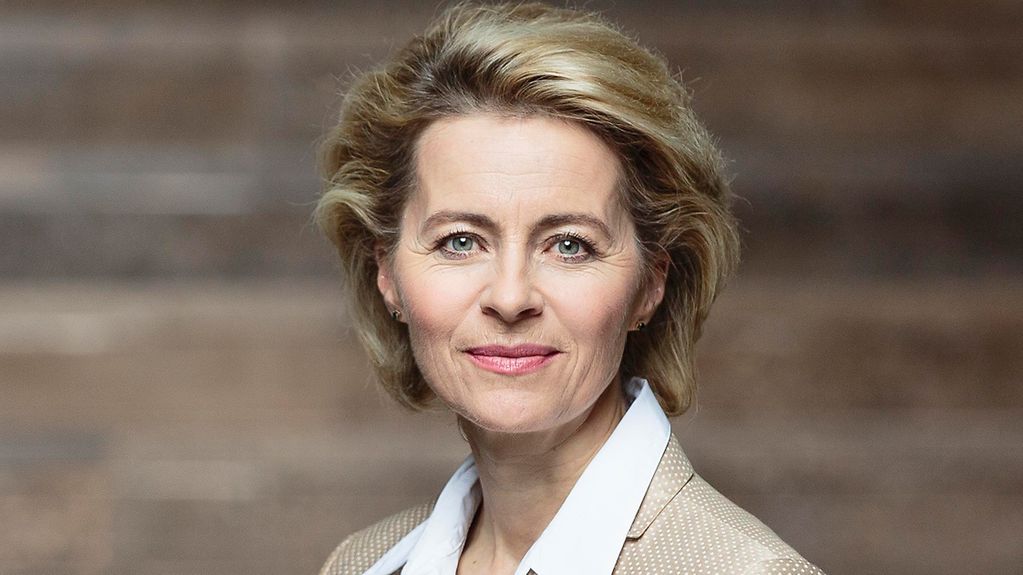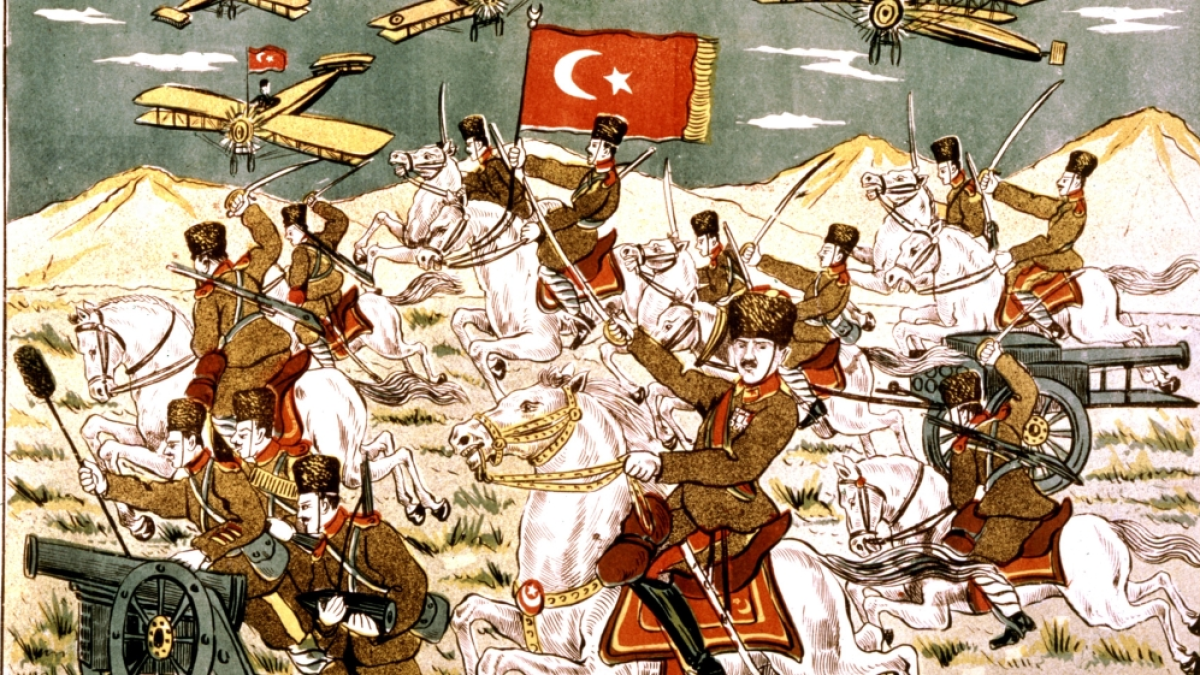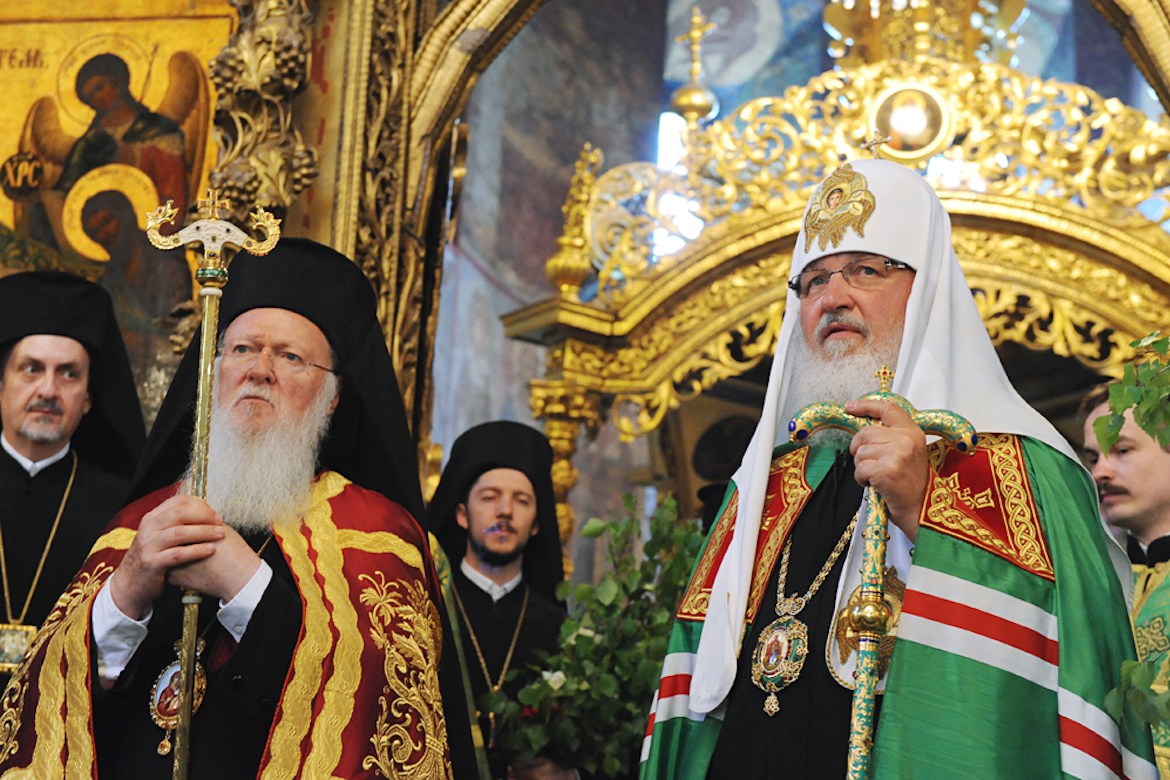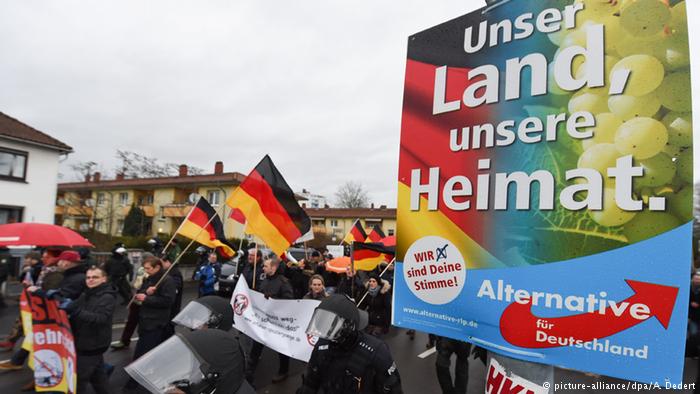
This is the English translation of a Turkish language article that originally published by AVİM on 11 April 2025.
As previously noted, some news and assessments regarding the European Union (EU) – Central Asian Countries Summit held in Samarkand, Uzbekistan, on 3-4 April 2025 were included in our earlier bulletins. This summit was the first high-level meeting of its kind between the EU and Central Asian states. While there have been undoubtedly numerous interactions between Central Asian leaders and EU officials in Brussels and respective capitals reflecting the EU’s growing interest in Central Asia, the summit was attended by European Council President António Costa and EU Commission President Ursula von der Leyen on behalf of the EU. Representing Central Asia were the leaders of the five nations: Uzbekistan’s President Shavkat Mirziyoyev (the host), Kazakhstan’s President Kassym-Jomart Tokayev, Kyrgyzstan’s President Sadyr Japarov, Tajikistan’s President Emomali Rahmon, and Turkmenistan’s President Serdar Berdimuhamedov[1]. The event was also attended by the President of the European Bank for Reconstruction and Development, Odile Renaud-Basso, and representatives from the European Investment Bank.
Following the talks, EU Commission President Ursula von der Leyen made several noteworthy statements. She announced an agreement to allocate €10 billion (approximately $12 billion) to the five Central Asian countries, emphasizing that these funds would be directed toward strengthening sustainable transport connectivity in the region. The joint declaration issued at the conclusion of the summit elaborated on these points, underscoring the role of transport connectivity as a key driver of economic growth and regional integration. It recalled decisions made at the Global Gateway Investors Forum in January 2024, where €10 billion in support and investment was prepared for Central Asia to develop efficient regional transport corridors, logistics networks, value chains, and mechanisms to enhance mutual market access[2].
President Von der Leyen’s remarks also highlighted the EU’s intent to elevate its relationship with Central Asia to the level of a strategic partnership, a development that merits attention. Another point of significance is the absence of Türkiye—a country with deep linguistic, religious, historical, and cultural ties to the Central Asian republics and a candidate for EU membership—from this summit. The EU’s decision to exclude Türkiye, for reasons that remain unclear, appears to forgo the opportunity to leverage Türkiye’s expertise and experience in fostering close relations with Central Asian states. Whether this oversight was deliberate remains uncertain, but it is evident that the EU missed a valuable chance to benefit from Türkiye’s regional insights and experience. Even an invitation for Türkiye to participate as an observer could have facilitated meaningful contributions, an opportunity that has regrettably been squandered.
Another point worth noting is that Von der Leyen emphasized that the development of the Middle Corridor would facilitate transit from Central Asian countries to the South Caucasus and onwards to the Black Sea. By stating that 'seamless border crossings between Central Asia and the South Caucasus are essential for access to the Black Sea,' the aforementioned appears to overlook Türkiye’s role in the EU’s connectivity to Central Asia, perhaps even doing so deliberately. In any case, it can be stated that the days are not far off when such attitudes, which overlook Türkiye at the heart of the Middle Corridor’s transport and communication channels, will lead to regret.
The joint declaration from the 3-4 April summit also contains a reference to the Cyprus issue, though this may not be immediately evident. Paragraph four of the declaration specifically addresses this matter, stating: “In this context, we commit to respecting the principles outlined above, particularly the sovereignty and territorial integrity of all states, within the framework of all international and regional platforms, and we declare our intent to refrain from any actions contrary to these principles. Likewise, we reaffirm our strong commitment to United Nations Security Council (UNSC) Resolutions 541[3] (1983) and 550[4] (1984). We emphasize that participation in regional cooperation initiatives requires full respect for the international principles necessary for advancing EU-Central Asia relations[5].”
The reaffirmation of commitment to UNSC Resolutions 541 and 550 is clearly intended to uphold the non-recognition of the Turkish Republic of Northern Cyprus (TRNC) and to endorse the Greek Cypriot Administration of Southern Cyprus as the sole legitimate authority on the island. The inclusion of such a paragraph in the final declaration of a summit focused on EU-Central Asia cooperation suggests the influence of two certain EU member states with a direct interest in the Cyprus issue. It is worth recalling that UNSC Resolutions 541 and 550 are not recent, and significant developments have occurred since their adoption. Today, Cyprus is characterized by a new reality of two sovereign, equal, and democratically governed states existing side by side, each with equal international status. Furthermore, it is notable that the international principles cited as deserving respect are routinely violated in other contexts, as evidenced by the ongoing humanitarian crisis in Gaza, where actions amounting to grave violations occur with little response from the UNSC. Invoking the sanctity of UNSC resolutions in this context raises questions about consistency and credibility.
Lastly, we reaffirm our belief that those who rejoice in including matters inconsistent with the realities on the island in the final declaration of a Summit meeting unrelated to the Cyprus issue will sooner or later see their hopes dashed.
*Image: https://www.aa.com.tr/tr/dunya/ozbekistanda-birinci-avrupa-birligi-orta-asya-zirvesi-basladi/3528122
[1] “Outcomes of the First Central Asia – EU Summit in Samarkand,” New Central Asia, newscentralasi.net, 5 April 2025, https://www.newscentralasia.net/2025/04/05/outcomes-of-the-first-central-asia-eu-summit-in-samarkand/.
[2] “Joint Declaration Following the First European Union-Central Asia Summit,” European Commission, 4 April 2025, https://ec.europa.eu/commission/presscorner/detail/fr/statement_25_980.
[3] T.C. Dışişleri Bakanlığı, BM Güvenlik Konseyi Kararı 541-1983, https://www.mfa.gov.tr/data/DISPOLITIKA/KIBRIS/BMGuvenlikKonseyiKarari1983541544.pdf.
[4] T.C. Dışişleri Bakanlığı, BM Güvenlik Konseyi Kararı 550-1984, https://www.mfa.gov.tr/data/DISPOLITIKA/KIBRIS/BMGuvenlikKOnseyiKarari1984550553559.pdf.
[5] Joint Declaration following the First European Union-Central Asia Summit, European Commission, 4 April 2025, https://ec.europa.eu/commission/presscorner/detail/fr/statement_25_980.
© 2009-2025 Center for Eurasian Studies (AVİM) All Rights Reserved
No comments yet.
-
 BREXIT PROCEEDS BUT UNITED KINGDOM PAYS NO ATTENTION
BREXIT PROCEEDS BUT UNITED KINGDOM PAYS NO ATTENTION
Hazel ÇAĞAN ELBİR 12.02.2018 -
 THE BRIBERY SCANDAL IN THE EUROPEAN PARLIAMENT
THE BRIBERY SCANDAL IN THE EUROPEAN PARLIAMENT
Hazel ÇAĞAN ELBİR 04.01.2023 -
 THE EU’S FIRST SERIOUS CENTRAL ASIA INITIATIVE
THE EU’S FIRST SERIOUS CENTRAL ASIA INITIATIVE
Hazel ÇAĞAN ELBİR 15.04.2025 -
 NEW LEADERS FOR THE EUROPEAN UNION HAVE BEEN APPOINTED
NEW LEADERS FOR THE EUROPEAN UNION HAVE BEEN APPOINTED
Hazel ÇAĞAN ELBİR 06.08.2019 -
 APRIL 24 AND THE IGNORED FIRST WORLD WAR
APRIL 24 AND THE IGNORED FIRST WORLD WAR
Hazel ÇAĞAN ELBİR 30.04.2024
-
 IS ECUMENISM BEING DISRUPTED IN THE CHRISTIAN WORLD?
IS ECUMENISM BEING DISRUPTED IN THE CHRISTIAN WORLD?
Mehmet Oğuzhan TULUN 24.09.2018 -
 REASSESSING ARMENIA’S CONSTITUTIONAL ALIGNMENT WITH INTERNATIONAL NORMS
REASSESSING ARMENIA’S CONSTITUTIONAL ALIGNMENT WITH INTERNATIONAL NORMS
Teoman Ertuğrul TULUN 20.09.2024 -
 NEW STUDY SHOWS RISE OF XENOPHOBIA IN GERMANY
NEW STUDY SHOWS RISE OF XENOPHOBIA IN GERMANY
Teoman Ertuğrul TULUN 04.12.2018 -
 A 26-YEAR-OLD BLEEDING WOUND: THE SREBRENICA GENOCIDE
A 26-YEAR-OLD BLEEDING WOUND: THE SREBRENICA GENOCIDE
Hazel ÇAĞAN ELBİR 27.07.2021 -
 J. MICHAEL HAGOPIAN - A PROMINENT PROPAGANDIST IN ARMENIAN DOCUMENTARISM AND HIS QUESTIONABLE LEGACY
J. MICHAEL HAGOPIAN - A PROMINENT PROPAGANDIST IN ARMENIAN DOCUMENTARISM AND HIS QUESTIONABLE LEGACY
Ahmet Can ÖKTEM 04.02.2022
-
25.01.2016
THE ARMENIAN QUESTION - BASIC KNOWLEDGE AND DOCUMENTATION -
12.06.2024
THE TRUTH WILL OUT -
27.03.2023
RADİKAL ERMENİ UNSURLARCA GERÇEKLEŞTİRİLEN MEZALİMLER VE VANDALİZM -
17.03.2023
PATRIOTISM PERVERTED -
23.02.2023
MEN ARE LIKE THAT -
03.02.2023
BAKÜ-TİFLİS-CEYHAN BORU HATTININ YAŞANAN TARİHİ -
16.12.2022
INTERNATIONAL SCHOLARS ON THE EVENTS OF 1915 -
07.12.2022
FAKE PHOTOS AND THE ARMENIAN PROPAGANDA -
07.12.2022
ERMENİ PROPAGANDASI VE SAHTE RESİMLER -
01.01.2022
A Letter From Japan - Strategically Mum: The Silence of the Armenians -
01.01.2022
Japonya'dan Bir Mektup - Stratejik Suskunluk: Ermenilerin Sessizliği -
03.06.2020
Anastas Mikoyan: Confessions of an Armenian Bolshevik -
08.04.2020
Sovyet Sonrası Ukrayna’da Devlet, Toplum ve Siyaset - Değişen Dinamikler, Dönüşen Kimlikler -
12.06.2018
Ermeni Sorunuyla İlgili İngiliz Belgeleri (1912-1923) - British Documents on Armenian Question (1912-1923) -
02.12.2016
Turkish-Russian Academics: A Historical Study on the Caucasus -
01.07.2016
Gürcistan'daki Müslüman Topluluklar: Azınlık Hakları, Kimlik, Siyaset -
10.03.2016
Armenian Diaspora: Diaspora, State and the Imagination of the Republic of Armenia -
24.01.2016
ERMENİ SORUNU - TEMEL BİLGİ VE BELGELER (2. BASKI)
-
AVİM Conference Hall 24.01.2023
CONFERENCE TITLED “HUNGARY’S PERSPECTIVES ON THE TURKIC WORLD"









